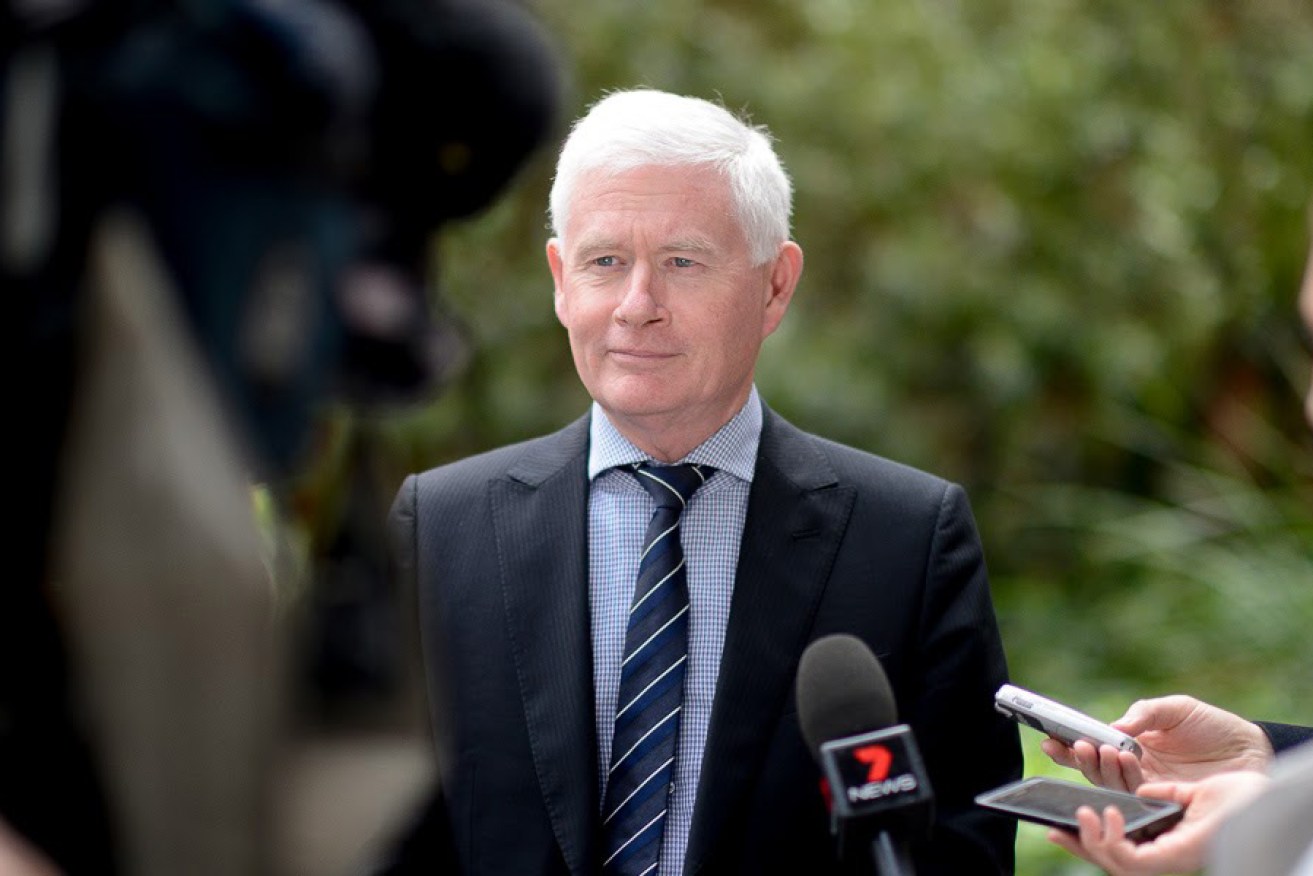“Thank God we got ICAC right”: Rau
Attorney-General John Rau says accusations of “lawlessness” and heavy-handedness against the New South Wales corruption watchdog vindicate the contentious ICAC model he chose to adopt in South Australia.

Attorney-General John Rau. Photo: Nat Rogers / InDaily
He said the recent NSW drama “confirms every single thing” he wanted to guard against, telling InDaily: “Thank God we got it right.”
The Weatherill Government’s Independent Commission Against Corruption legislation has been criticised as the most secretive in the nation, with inquiries conducted behind closed doors and media forbidden from reporting on anyone under investigation.
Even Commissioner Bruce Lander has questioned the extent of the provisions, writing in his September annual report that “there could be some further relaxing of the secrecy provisions under the ICAC Act”.
The SA model has frequently been compared against that in NSW, where high-profile inquiries against senior public officials have been conducted in a media spotlight, most notably in the case of former Labor Party minister Eddie Obeid.
But the NSW ICAC has been embroiled in controversy in recent days, amid a public spat with the former judge charged with overseeing its operations.
ICAC inspector David Levine slammed an ICAC investigation into Deputy Senior Crown Prosecutor Margaret Cunneen, calling the watchdog’s conduct unjust, unreasonable and oppressive in a scathing report tabled in the NSW parliament last Friday.
The ICAC operation was launched last year over allegations Cunneen gave her son’s girlfriend advice to fake chest pains in order to avoid a breath test after a car accident, but the High Court later ruled the commission had acted beyond its powers.
Levine found there was no evidential “support in reliable, credible or cogent material” for the investigation, arguing the ICAC should have concluded the matter was trivial.
He further questioned whether ICAC Commissioner Megan Latham, who had previously worked with Cunneen at the Director of Public Prosecutions, had a conflict of interest in the investigation.
But the ICAC rejected Levine’s findings, further denying it had dealt with him with “an insulting, condescending, insolent or arrogant attitude”, while Cunneen has claimed the commission acted with extreme “lawlessness”.
The drama has played out in the public glare, prompting Rau to claim vindication of his own watchdog model.
“Every time I read one of those articles, I think ‘Thank God we got it right’,” he said.
“We’ve got these people out there more interested in being on TV than actually preparing a case so a person can be prosecuted for corrupt behaviour.”
He said SA’s ICAC investigators “are not on TV because they’re not allowed to be”, and argued “there’s an oversight function headed by (retired Supreme Court Judge) Kevin Duggan, who reviews the way the legislation is being implemented every year”.
Rau said rather than the ICAC deciding who to prosecute, “if they get enough evidence to think they’ll get a potential conviction, they hand the evidence over to the Director of Public Prosecutions”.
“The call to go public with anyone’s details is a call made by the DPP, not by the ICAC,” he said.
-with AAP




